How do I buy data?

What's coming up?
In this activity you'll learn that:
- Data is sold in plans.
- Most home and mobile plans let you to use a certain amount of data each month.
- Many home nbn plans are unlimited in data, but priced according to the speed of the data.
- Home internet and mobile internet data plans work differently.
The data plan
When you buy a home or mobile internet service, part of the cost is in the connection itself and the equipment your provider supplies.
But most of the cost comes from what is known as a data plan or, if you get your home internet via the nbn, an nbn plan. These plans are charged on a subscription or contract basis, most commonly by the month, and allow you to use a certain amount of data in the billing period.
Many home nbn plans allow unlimited amounts of data, but charge you according to the speed of your connection.
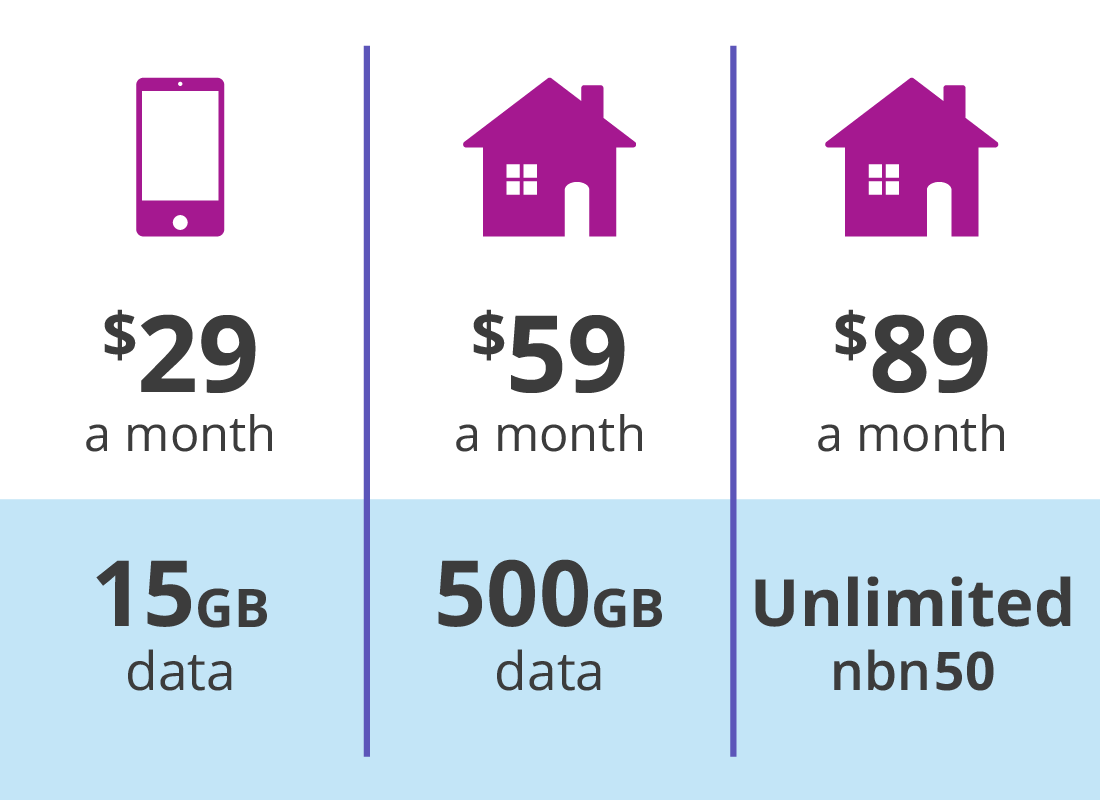
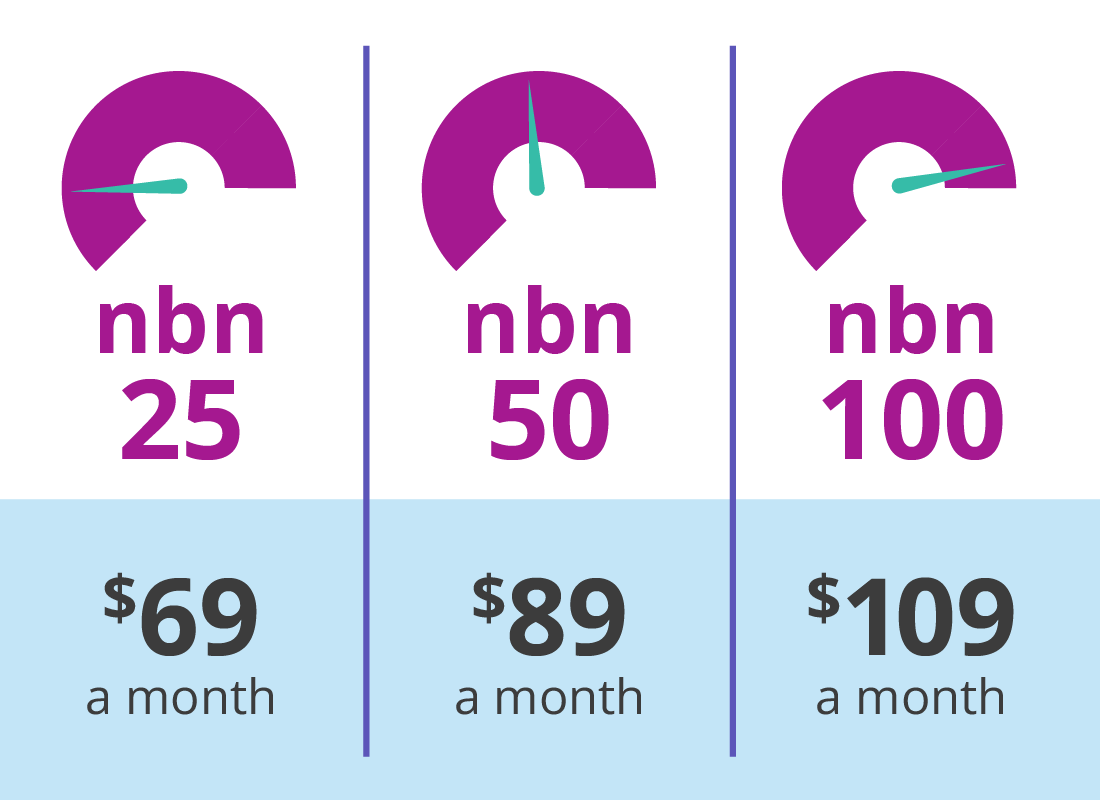
How data is counted, or measured
Internet providers measure data in gigabytes, or GB.
Most mobile include a certain number of gigabytes of data for you to use per month. The more GB in the plan, the higher the price of the plan.
Many home plans work the same way, although usually the number of GB is higher than for mobile. Most nbn home internet plans allow unlimited data, but different connection speeds. The higher the speed, the higher the price of the plan.
How data is tracked
As you use the internet, your provider keeps count of how much data gets sent to your home (for a home account) or to your mobile phone (for a mobile account).
In other words, they keep count of the number of GB (gigabytes) of data you are using.
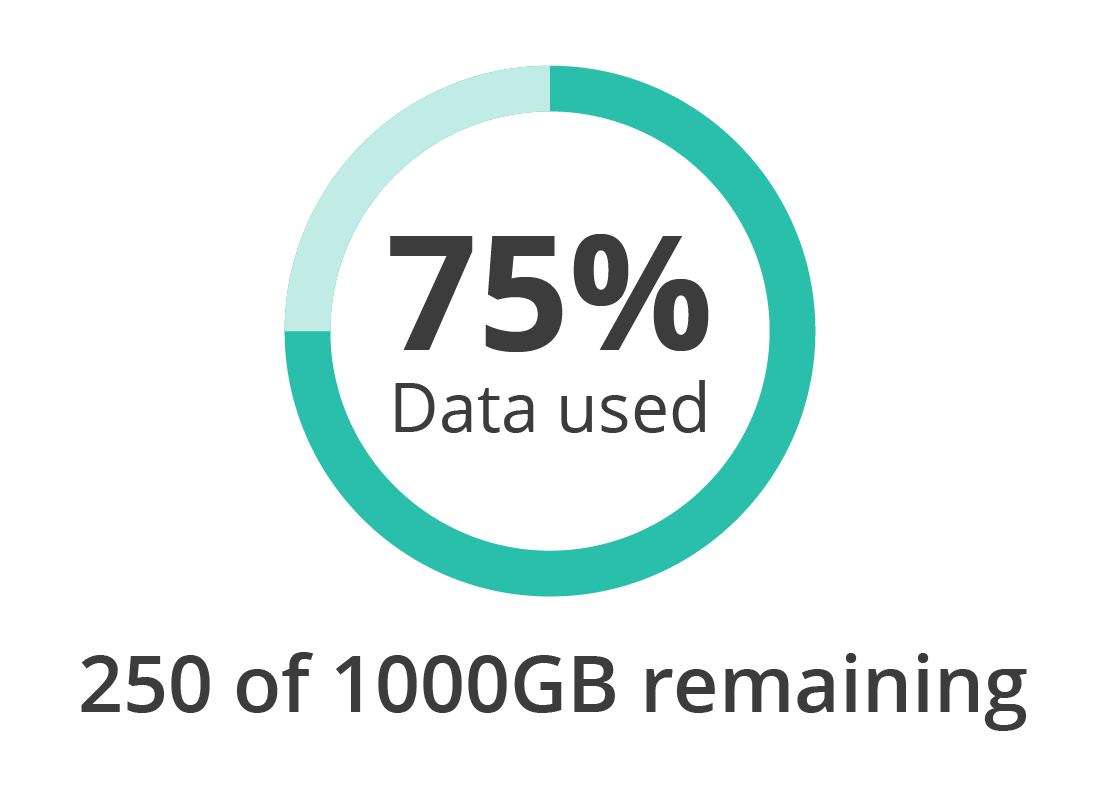
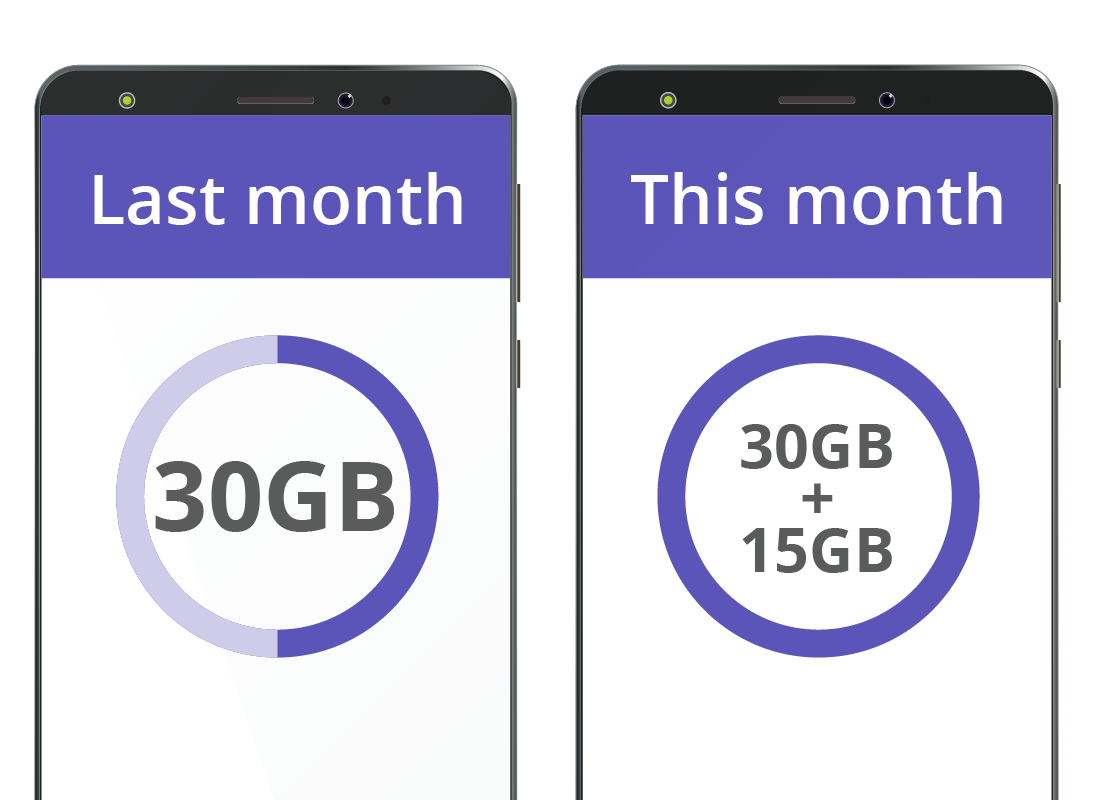
Data plans reset each month
At the end of your billing period, which is usually one month, the data count resets. You then get the same amount of data to use in the next month.
Internet providers do not refund money for any data you did not use in a month. Some mobile data providers, however, let you save up unused data to use later. This is called data rollover or data banking. Depending on your provider, there may be no limit on the amount of rollover data you can save and no time limit on when you can use it.
Home data plans
Even if you are not on an unlimited plan, a home data plan usually offers several hundred gigabytes of data per month for you to use. This is a generous allowance that means you can watch movies, catch-up TV, and use lots of devices on the internet at home.
But this data can only be used at home. If you go out, your devices won't be able to use the home data allowance. Instead, you'll need a mobile data plan.
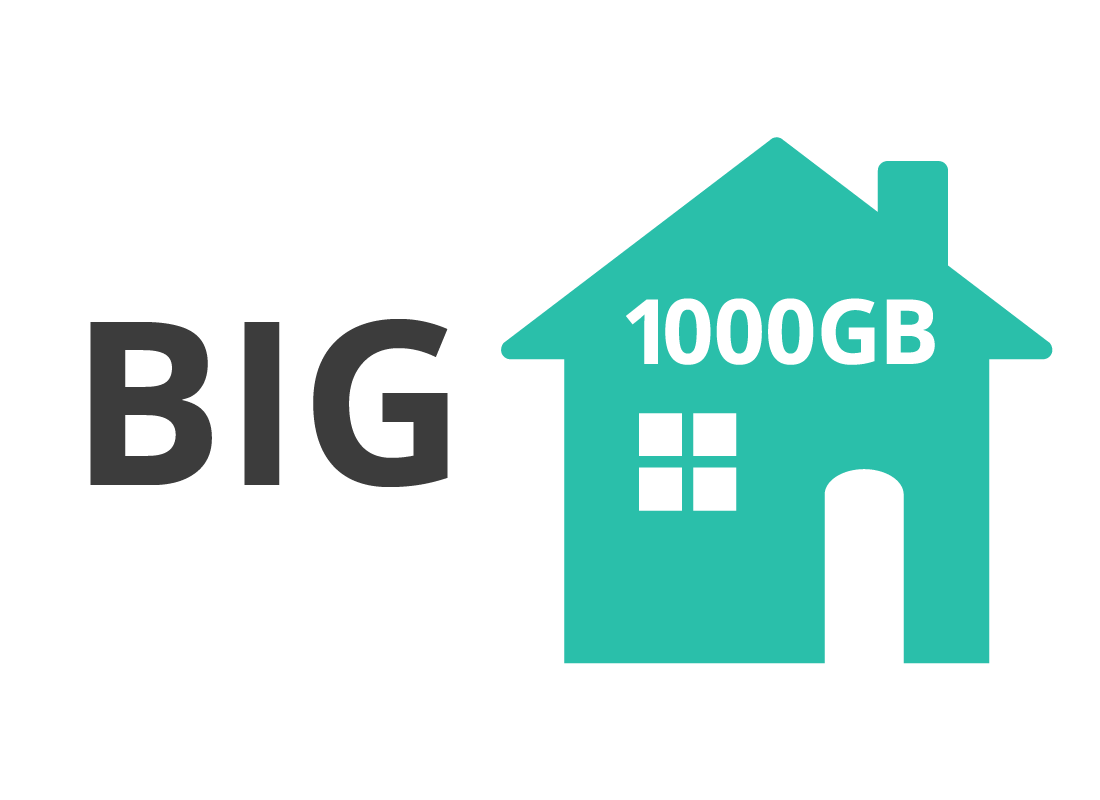
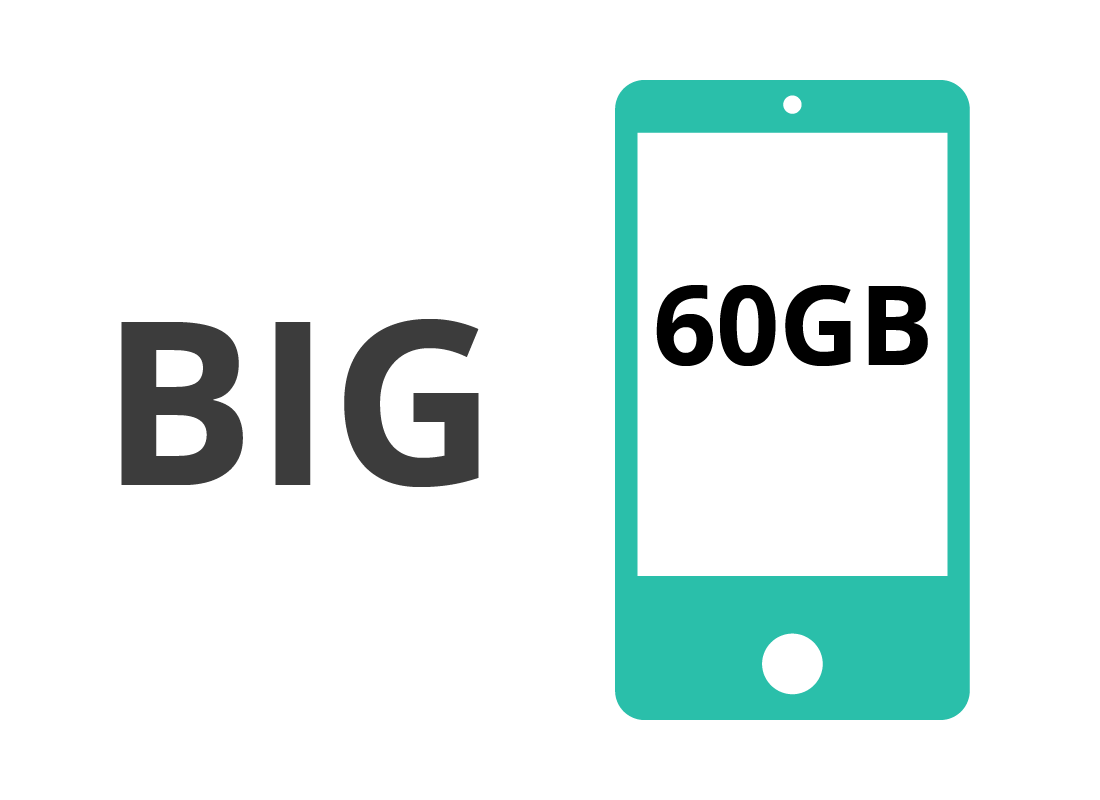
Mobile data plans
A mobile data plan usually doesn't offer as much data as a home plan. The smallest plans may provide only a couple of gigabytes, and the largest around 180 gigabytes of data.
But a mobile data plan can be used anywhere your phone can get mobile reception.
Buying a home data plan
When you're ready to buy a home data or nbn plan, you can phone a provider's customer service number, go to its website or visit a shop. Usually, you'll buy a home data or nbn plan at the same time as you buy a new home internet connection.
You can't buy a home internet connection without a data or nbn plan, so talk to customer service about which plan is right for you.
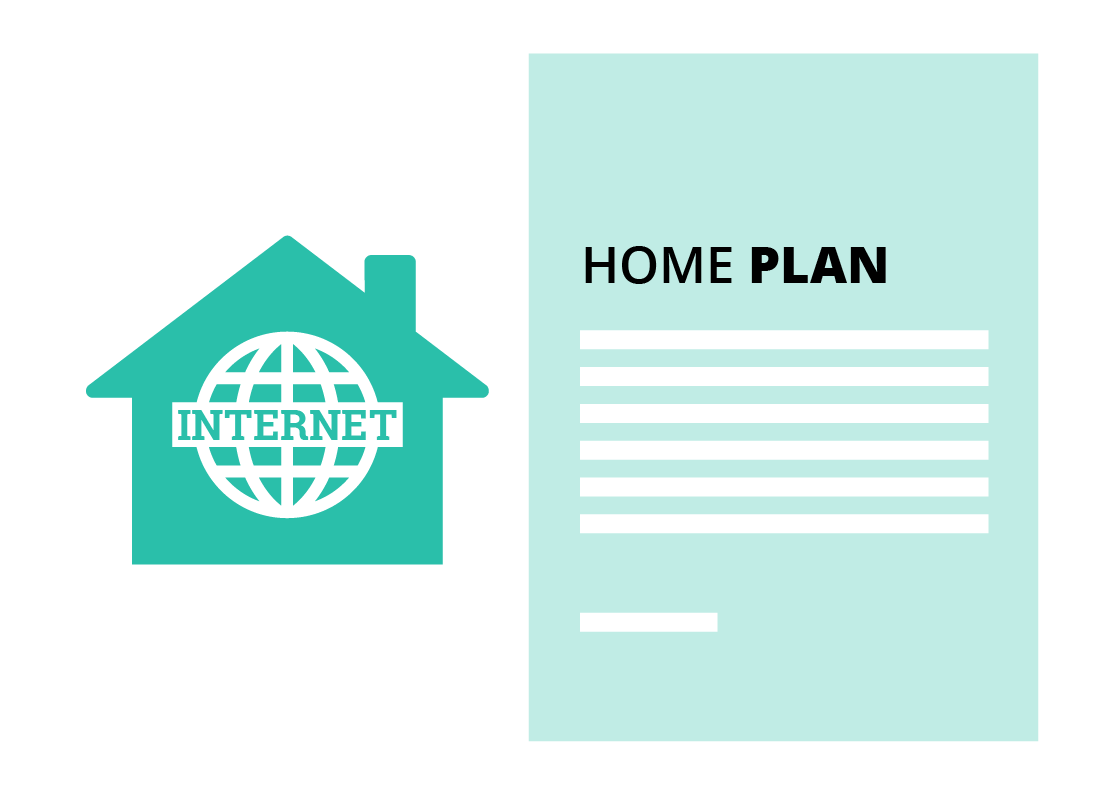
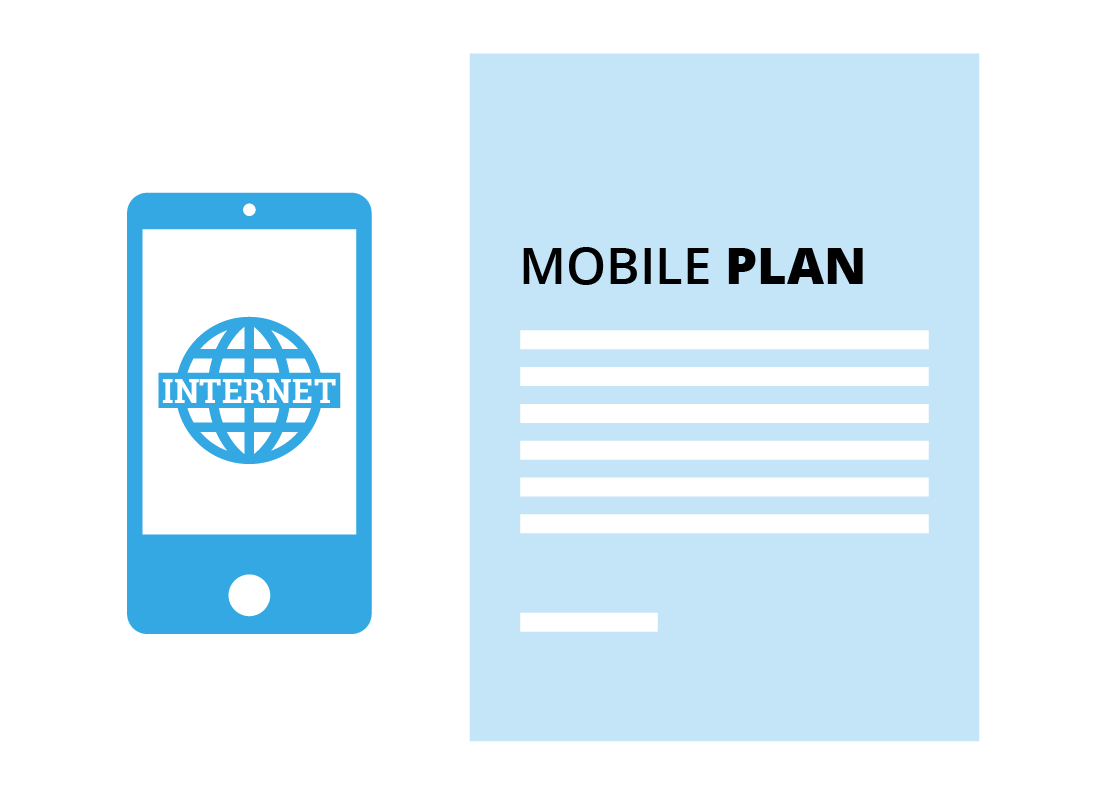
Buying a mobile data plan
You usually buy a mobile data plan when you buy a new phone. But, you can also buy a new data plan for a phone you already own. Call your provider's customer service or go into their store to talk about which plans are best for your needs.
The mobile plan and phone number are connected to the SIM card - a small, electronic card that you slot into your phone. You can switch to a different phone simply by popping the SIM out of one phone and putting it in another. Some new phones have an eSIM, which acts as a SIM, but is built into the phone.
Which data plan should I buy?
If you hardly use the internet, a small plan is the right fit. If you do a lot online, you might need the largest plan.
Call the provider's help line or go into the provider's shop to talk to a staff member about what you use the internet for, and how often you use it. They will be able to recommend the plan that fits you best.
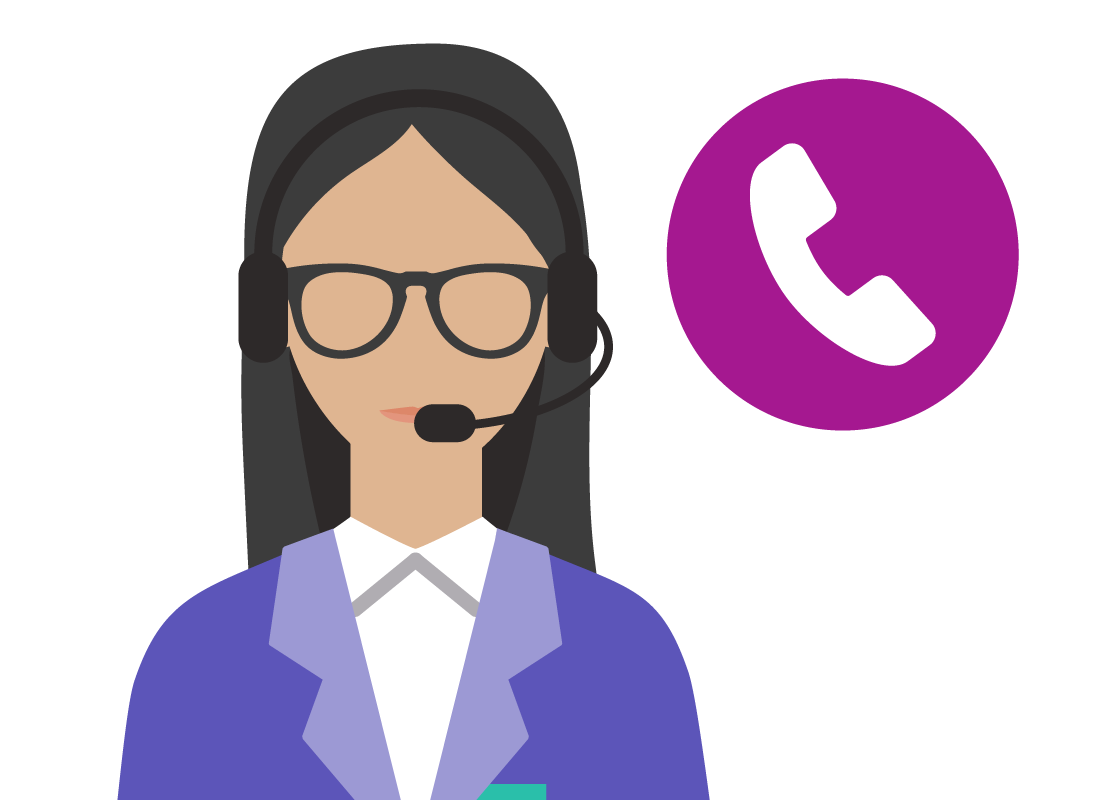
Let's check
Decide if the following statements are true or false. Click each card to see the answer.
We measure data in gigabytes.
Click to flip
This is true.
We often abbreviate the term gigabytes to GB when we write.
Internet providers will refund you the money for any data you did not use in a billing month.
Click to flip
This is false.
If you don't use up all your data, you still get charged for it.
You can't buy a home internet connection without a data plan.
Click to flip
This is true.
You can't buy a home internet connection without a data plan.
Congratulations!
This is the end of the How do I buy data? activity. You've learned that a home internet plan or mobile internet plan includes an amount of data, measured in gigabytes (GB), to use each month.
You've also learned that the data count resets each month, and that a home plan usually offers more data than a mobile plan.
Next, you'll learn some more about how things on the internet use up your data, and how some content uses more data, in the How is data measured? activity.
